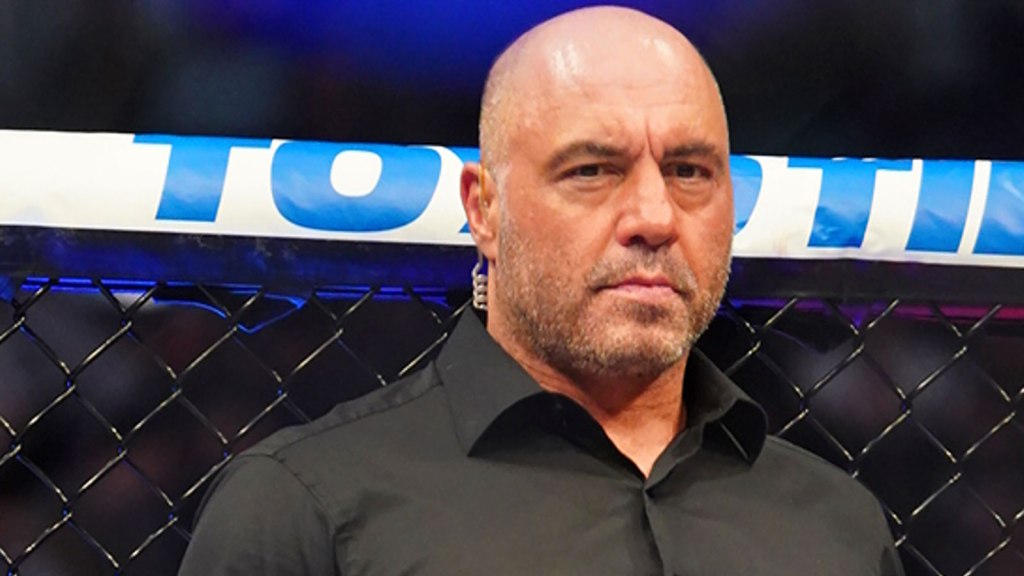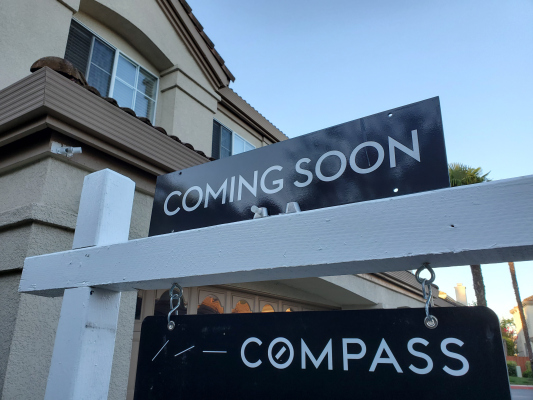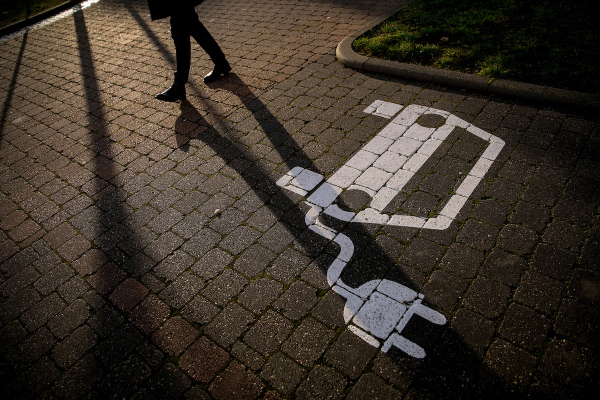As pressure has intensified on Spotify and its star podcaster Joe Rogan, listeners reported that the company had quietly removed dozens of episodes of his show, while Rogan apologized early Saturday for his use of a racial slur in past episodes.
In an Instagram video, Rogan — whose talk show, “The Joe Rogan Experience,” is Spotify’s most popular podcast, and has been available there exclusively for more than a year — addressed what he called “the most regretful and shameful thing that I’ve ever had to talk about publicly.” A compilation video showed Rogan using the slur numerous times in past episodes of his show; it had been shared by singer India.Arie, who removed her catalog from Spotify in protest of what she called Rogan’s “language around race.”
Rogan said the compilation was drawn from “12 years of conversations” on his show, and that it looked “horrible, even to me.” The clips, he said, had been taken out of context, which he said included discussions about how it had been used by comedians like Richard Pryor and Redd Foxx, who were Black, and Lenny Bruce, who was white.
When posting the clip compilation, Arie said that Rogan “shouldn’t even be uttering the word. Don’t say it, under any context.” In his video, Rogan said that he had come to agree with that view. “It’s not my word to use,” he said. “I’m well aware of that now.” He added that he had not spoken the slur “in years.”
This past week, Arie joined a small but influential boycott of Spotify led by musicians Neil Young and Joni Mitchell, who cited complaints by health professionals that guests on Rogan’s show had spread misinformation about the coronavirus.
Listeners noticed that as many as 70 episodes of “The Joe Rogan Experience” had been quietly removed in recent days by Spotify. Neither Rogan nor Spotify has given an explanation, and representatives of the company did not immediately respond to a request for comment Saturday.
Rogan, a comedian and sports commentator, began his show in 2009 and built a huge following on YouTube before signing an exclusive licensing deal with Spotify in 2020, for a reported $100 million or more.This article originally appeared in The New York Times.










